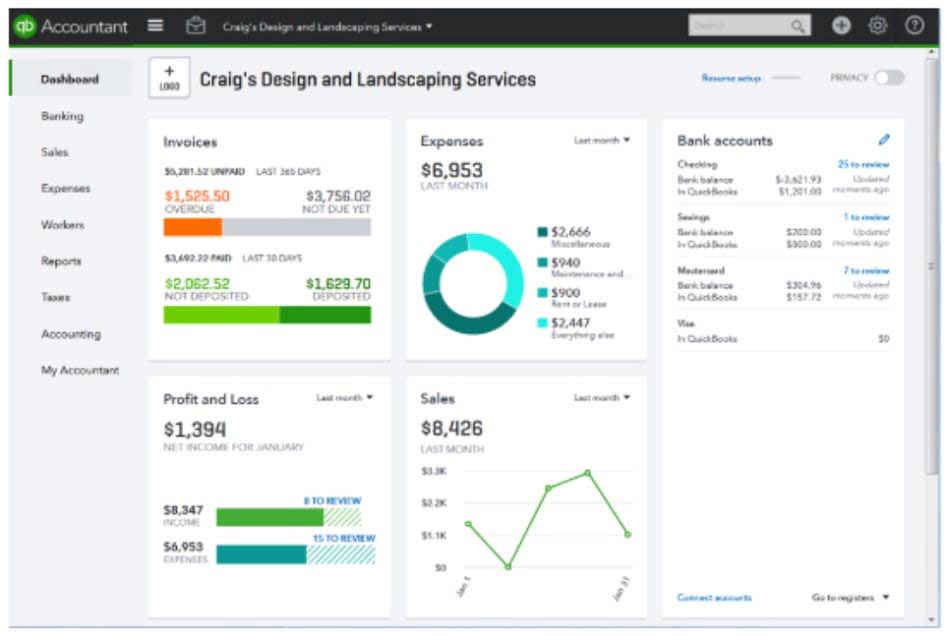Content

Depending on the company you choose, you could be responsible for this debt. Many invoice factoring companies boast approvals “as fast as 5 minutes” upon receiving a qualified invoice. Invoice factoring can be a solid solution for your business to help overcome cashflow issues caused by late paying customers. By getting your money quickly, you’ll be able to reinvest that income and maintain an emphasis on growth.
While often lumped in with loan options, invoice factoring isn’t technically a loan. When you sign on to work with a factoring company, they pay you for the invoice and take on the responsibility of collecting payment from the client. There are many types of invoice factoring companies, and you’ll want to make sure that the company matches your needs. It may be a good idea for some businesses to factor all their invoices while others might only need this service on an as-needed basis. Waiting for customers to pay for purchases is a chronic frustration for business owners, and many have to wait 30 to 90 days before receiving payment. No matter what, you want to make sure that the invoice factoring company you choose does everything that they can to try and attain payment from your client.
What are the Disadvantages of Invoice Factoring?
If the industry is riskier or your clients don’t consistently pay on time, you might see higher fees. With recourse factoring, you must pay the factoring company back the advanced payment if your customer does not pay an invoice. Invoice factoring and invoice financing are two different ways to receive the funds for an invoice financing invoice before the client pays. Double-check the rates and the terminology used such as minimum annual commission or customer limit. Keep in mind that some factoring agreements impose high (and sometimes outrageous) cancellation fees. Long-term contracts also may require you to factor a certain number of invoices.

If that is the case, a small business loan or alternative business financing option may be a better fit. When customers pay their debts, you can repay the invoice discounting loan to your invoice finance lender. This process allows you to sell off your unpaid debt to lenders, receive money from late payments, maintain credit control, and continue your services to new clients.
Pros and cons of invoice factoring
As a result, no debt is created on your end and the company protects you from bad debt on all of the invoices that they factor. They’re especially unique because they’re a direct source of funding, not a middle man. As a division of the Southern Bank Company, altLINE doesn’t need to charge additional borrowing costs like third-party providers. Business owners can benefit from these savings because they won’t nickel-and-dime you with fees. ECapital Commerce Finance also has solutions for purchase order financing and working capital loans for government contractors.
- When businesses sell goods or services to large customers, such as wholesalers or retailers, they usually do so on credit.
- In this blog post, we’ll discuss how to choose the right invoice financing company for your business.
- Repayment terms start when you draw funds and are typically short from six to 24 months.
- Look for a company that offers transparent pricing and competitive rates.
- Invoice financing enables business owners to reclaim control over their finances by allowing them to receive compensation from whichever unpaid invoices they choose.
- Assuming you’ve been approved, the lender will allow you to borrow a percentage of your invoices’ value, typically 85% to 95%.
With the help of a factoring company, you can get an advance based on your invoices, which allows your company to continue operating smoothly. It’s one of the many resources that both a small business and larger company can use when looking for the proper funding. In today’s difficult lending climate, invoice factoring provides small businesses with an alternative method to finance their operations. The discount rate for invoice factoring typically runs between 1% and 6% of your invoice amount.
Invoice Factoring & Financing: How To Choose The Best Factoring Company
You pay back the lender when your clients pay you, plus financing fees. Fees may be charged as a percentage of the loan amount or as a weekly percentage that gets higher each week the invoices remain unpaid. Because recourse factoring poses less risk to the factoring company, it’s typically the more common agreement.
- Waiting for customers to pay for purchases is a chronic frustration for business owners, and many have to wait 30 to 90 days before receiving payment.
- That means if you sell more and you have more invoices, you get cheaper factoring fees.
- Obviously, the factoring fee reduces the amount that you receive from the invoice.
- They’ll help the factoring experience go as smoothly and optimally as possible because of that.
- Depending on the factoring company you choose and how quickly you provide the required information, you could see funds within one to three days.
- Invoice factoring enables you to convert unpaid invoices into cash for your business.
Some factoring companies may have limits on the number of invoices you can factor. It’s essential to find a company that will work with your specific needs. We allow your business to factor https://www.bookstime.com/articles/what-is-a-sales-invoice as many invoices as you need, as long as your customer has a healthy financial history. Our deals generally range from $100,000 to $10 million, with terms extending from 120 to 150 days.
business.
With invoice financing, you work with a lender and pay fees or interest on the amount you borrow—you guessed it, it’s a loan. You sell your invoices to a factoring company, and they collect from the customer on your behalf. When a company sells its invoices to a factoring company, it typically receives 70% to 95% of the total invoice value—known as the advance rate. Once the unpaid invoices are collected, the factoring company pays the business the remaining balance minus the factoring fees. Factor fees, whether fixed or variable, typically range from 0.50% to 5% per month an invoice remains outstanding. Most factoring companies advance up to 90% of the invoice value up front.
